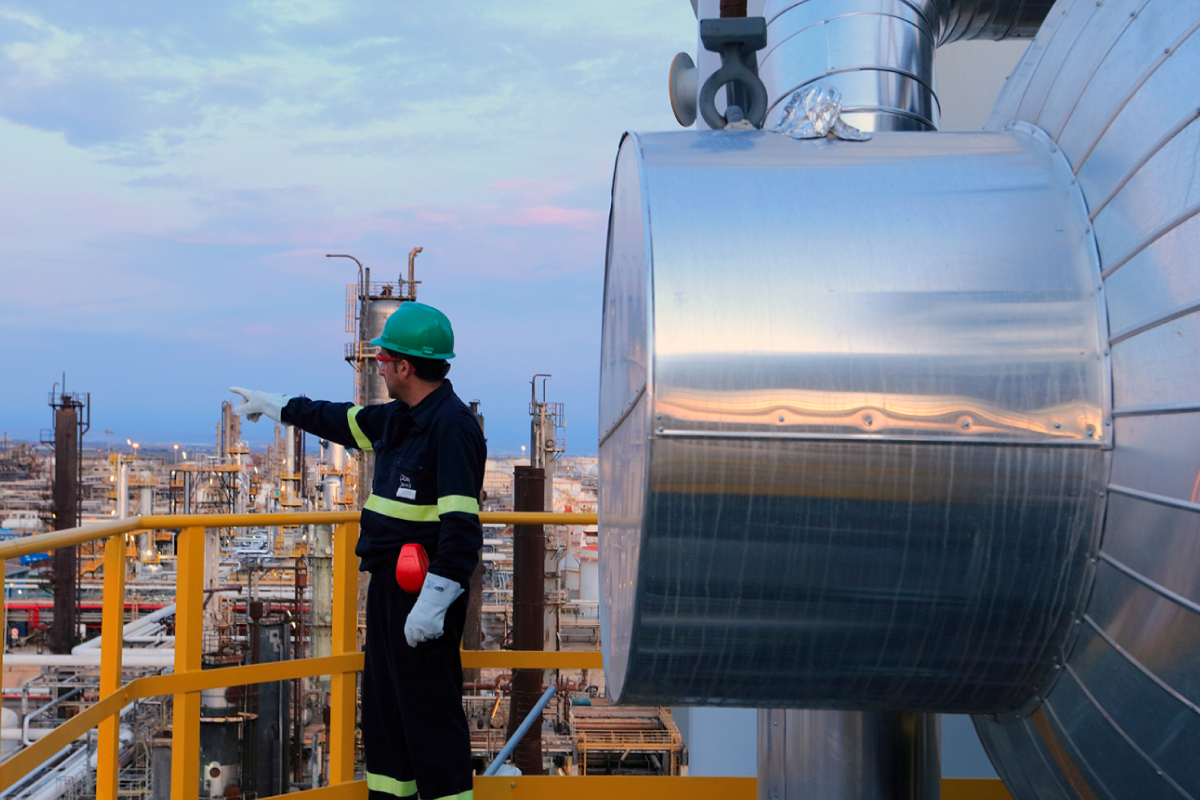We have always embraced Eni Spa’s commitment to research and technological innovation, which is why we decided to make our contribution to the decarbonisation of the Venice and Gela refineries. The conversion – from traditional to bio – also took place thanks to our support, as we became part of this great value chain as the party that handled the customs consultancy and transit operations for the transfer of containers from the port of unloading to the refineries.
The decarbonisation path initiated by Eni Spa
Decarbonisation is an issue of great global importance due to the impact of human activities on the environment and climate change. Many companies in many countries are beginning to invest in sustainable technologies by embracing projects that aim to reduce carbon emissions.
In this regard, Eni Spa has signed agreements in seven countries (Angola, Benin, Congo, Ivory Coast, Kenya, Mozambique and Rwanda) and has started experiments and feasibility studies in other countries – including Italy and Kazakhstan – to develop so-called agri-feedstocks, i.e. plants from which vegetable oils can be extracted, the raw material needed for the production of biofuels.
Castor, croton and cotton: oil seeds, a source of wealth!
In Makueni, Kenya, Eni has completed the construction of an agri-hub for the collection and pressing of oil seeds and has started the production of the first vegetable oil for biorefineries through the processing of castor, croton and cotton seeds. These plants, e.g. castor beans, are rich in oil, drought-resistant and able to grow quickly on degraded soils, thus not competing with food production.
The biorefineries of Gela and Venice
In October 2022, the first cargo of vegetable oil from Africa left the port of Mombasa, Kenya, and reached the Gela biorefinery. The project activities, logistics and customs assistance for the transfer of the containers from the port of disembarkation to the refinery were managed by our team.
In Italy, the Gela and Venice biorefineries represent Eni’s concrete commitment to decarbonisation. The Gela biorefinery, in particular, is one of the most innovative in Europe: it has a processing capacity of up to 750,000 tonnes per year of used vegetable oils, frying fats, animal fats and advanced waste by-products to produce quality biofuels. The Venice biorefinery in Porto Marghera, on the other hand, was the first example in the world of the conversion of a refinery from a traditional one to a biorefinery.
The aim of the decarbonisation path launched by Eni is to start from renewable sources to reduce the environmental impact and consumption of non-renewable resources and achieve zero net emissions by 2050.
For full details: click here
